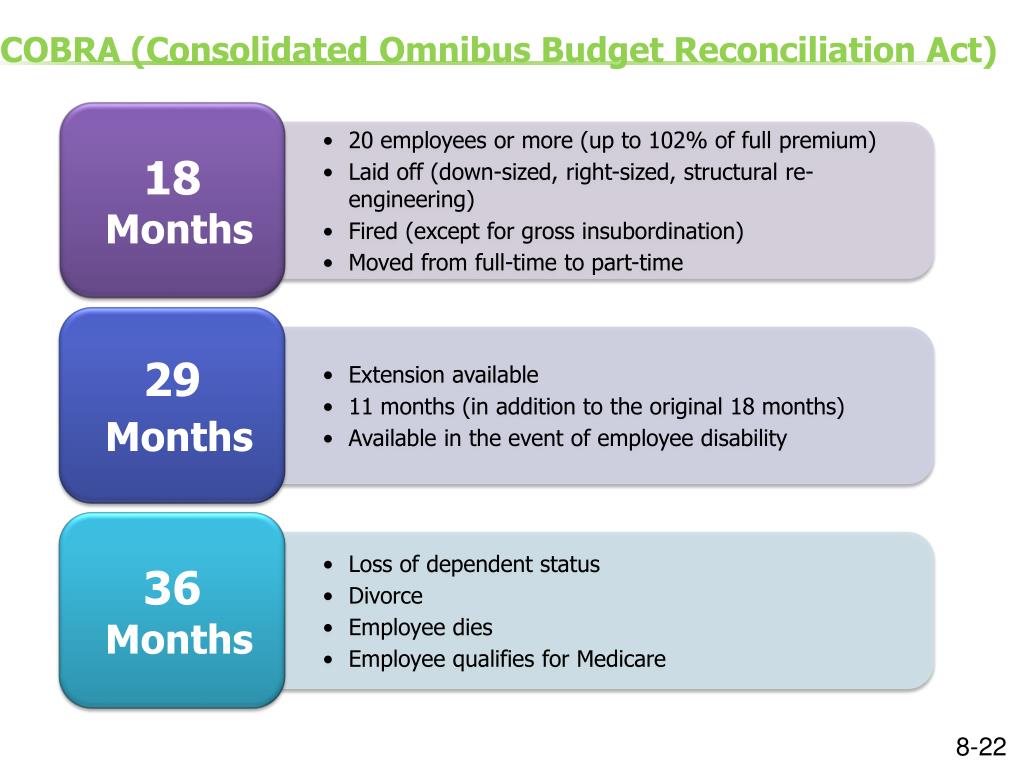


The Indiana State Department of Health is responsible for ensuring that nursing homes follow these mandates through the state survey process. The failure of a nursing home to comply with the OBRA quality of care mandates in caring for a resident represents a failure to exercise the degree of reasonable care and skill that should be expected.

The mandates of OBRA are regarded in the nursing home setting to represent minimum accepted standards of care. To participate in Medicare and Medicaid programs, nursing homes must be in compliance with the federal requirements for nursing homes. The quality of care mandates contained within OBRA, and the regulations, require that a nursing home must provide services and activities to attain or maintain the highest practicable physical, mental, and psychosocial well-being of each resident in accordance with a written plan of care.

Such improvements include less use of antipsychotic drugs, reduced chemical and physical restraint use, and reduce inappropriate use of indwelling urinary catheters.
OMNIBUS BUDGET RECONCILIATION ACT CODE
Code of Federal Regulations (42 CFR Part 483). Requirements or limitations applied to substantially all medical/surgicalīenefits.The Omnibus Budget Reconciliation Act (OBRA), also known as the Nursing Home Reform Act of 1987, has dramatically improved the quality of care in the nursing home over the last twenty years by setting federal standards of how care should be provided to residents. Use disorder (MH/SUD) benefits are no more restrictive than the predominant Limitations (such as visit limits) applicable to mental health or substance Requires group health plans and health insurance issuers to ensure thatįinancial requirements (such as co-pays, deductibles) and treatment The Mental Health Parity and Addiction Equity Act of 2008 (MHPAEA) MHPA applies to employers with more than 50 employees. Mental Health Parity Act (MHPA) - MHPA is a Federal law that requires that annual or lifetime dollar limits on mental health benefits provided by a group health plan be no lower than the annual or lifetime dollar limits for medical and surgical benefits offered by that plan. Such hospital stays to less than 48 hours for a vaginal delivery or 96 hours forĭelivery by cesarean section, unless the attending doctor or nurse midwife, orĬonsultation with the mother, discharges earlier. Organizations) that cover hospitalization inĬonnection with childbirth from restricting a mothers' or newborns' benefits for Law that prohibits health plans and insurance companies (including Health Maintenance Newborns' and Mothers' Health Protection Act (Newborns' Act) - The Newborns' Act is a Federal The Health Insurance Portability and Accountability Act (HIPAA) - HIPAA is a Federal law that permits special enrollment when certain life or work events occur and prohibits discrimination against employees and dependents based on their health status. Have 20 or more employees in the prior year in order Plan is a multi-employer, collectively bargained plan, only one contributing employer needs to Generally, COBRA applies to employers who employed 20 or moreĮmployees in the prior calendar year. Of group health plan coverage for certainĮmployees, retirees and family members at group rates when coverage is lost due toĬertain qualifying events. Fact Sheet: Workers' Right to Health Plan InformationĬonsolidated Omnibus Budget Reconciliation Act of 1985 (COBRA) - COBRA is a Federal law that provides rights to temporary continuation.(such as a union), or both, offer to employees and their families. Please choose the law about which you would like information:Įmployee Retirement Income Security Act of 1974 (ERISA) - ERISA is a Federal law that regulates employee benefit plans, such as group health plans, that private sector employers, employee organizations Applicable Laws, Regulations, Publications and Related Links


 0 kommentar(er)
0 kommentar(er)
